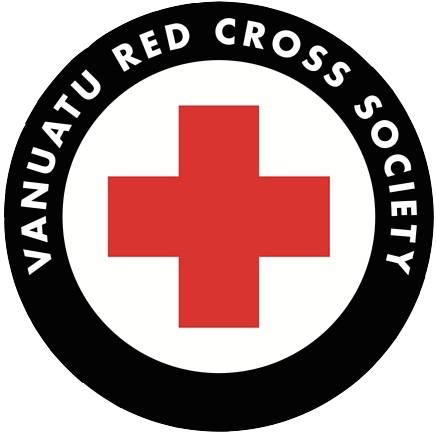Port Vila, 11 July 2018 — Coastal cities face a high risk from hazards caused by natural disaster, and costly flooding from heavy rain and sea level rise amid climate change. Their current defences will not be enough as the water level rises.
In a project funded by USAID, the Vanuatu Red Cross has identified five communities in Luganville that are particularly vulnerable to the risks associated with shocks and stresses such as climate change and hazards caused by natural disaster.
The coastal cities resilience project is in collaboration with the Global Disaster Preparedness Center (GDPC), the International Federation of the Red Cross (IFRC) and the American Red Cross. A pilot project is being carried out in Luganville and focuses on building the resilience of coastal communities that are vulnerable to the effects of climate change and prone to natural disaster.
The communities of Solwe, St Michel, Mango, Pepsi and Chapui in Luganville were identified in a citywide assessment as particularly vulnerable to damage by shocks such as cyclone, flood and landslide. With tropical storms expected to become stronger with time, the issue is becoming increasingly urgent. Rising sea levels will also pose a problem as some of these communities are built close to the sea and other waterways.
The aim of the project is to create effective city coalitions on community resilience, targeting climate smart resilience and coastal risk reduction in particular. Some of the outcomes of the project will be improved drainage solutions to help during times of heavy rain, and new structures built away from the coast and areas prone to landslide.
An accompanying communication campaign utilising SMS, radio and community noticeboards will also be rolled out across Luganville with advice about how to prepare for climate change and times of disaster, and good hygiene practices. The public can keep up to date with the project by joining the Facebook group Luganville Community Resilience.

